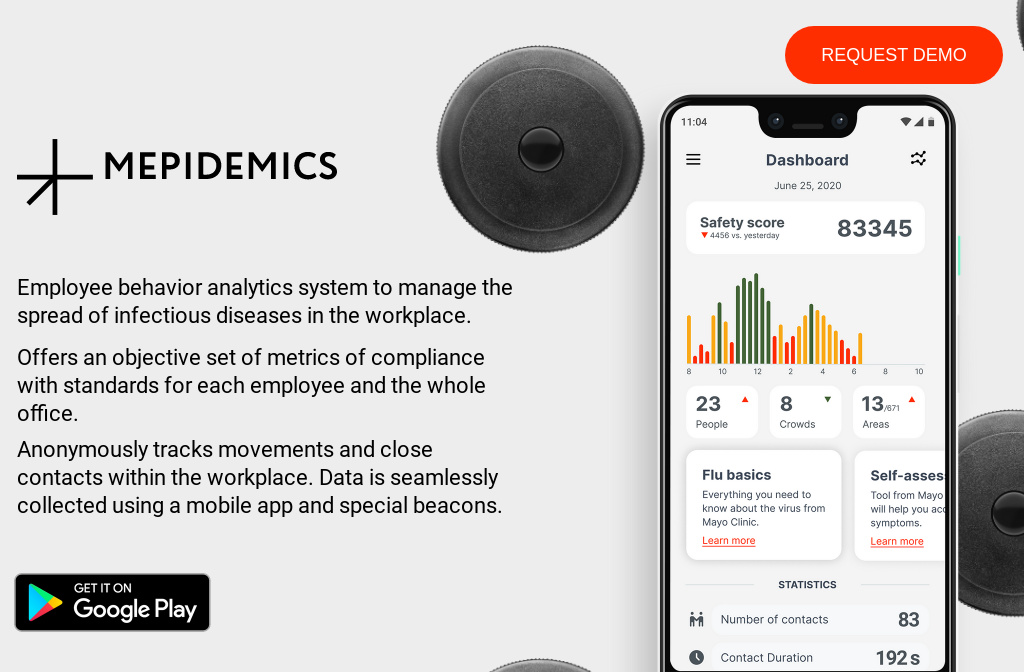COVID-19 in Australia: we are not Italy, Iran or Spain
An opinion piece by the Australian Government Deputy Chief Medical Officer Professor Paul Kelly.
Date published:
28 March 2020
Media event date:
28 March 2020
Media type: Statement
Audience: General public
Our way of life in Australia has changed dramatically in recent weeks – and it will keep changing as we continue to respond to the evolving COVID-19 outbreak.
Governments across the country have imposed tight restrictions on our daily lives to help stop the coronavirus from spreading and reduce people’s exposure to it.
Restrictions have been imposed on the retail sector, and many facilities – for instance pubs, clubs, gyms and cinemas – are no longer permitted to open.
Things that have been fundamental to our way of life are not currently available. Australians have adjusted amazingly with strong evidence of reduced foot traffic, public transport occupancy and many other measures that show we have got the message.
We have imposed strong border measures. International travel has been banned, with a few exceptions. Only Australian citizens, residents and immediate family members can travel to Australia. From tonight (Saturday), all returning travellers will be subject to formal supervised quarantine in a facility, reducing one of the biggest current risks of new infections.
People are also experiencing a barrage of opinions – be they from experts or through social media.
I can understand all of this can be confusing and may be compounding people’s anxiety levels.
Australia is a free country and everyone is entitled to express an opinion. People have different opinions about the best way to combat COVID-19.
Let me be very clear about a couple of points.
No health experts dispute what the problem is nor how to address this outbreak. It’s about saving lives and livelihoods. The only dispute is how hard to go imposing measures, and when to impose them.
And anyone who thinks we can impose restrictions for two or three weeks and then lift them and we can return to our normal lives – free of coronavirus – is misguided.
The risk is COVID-19 would rear its ugly head again, more aggressive than before.
Some people have asked why we haven’t imposed a blanket lockdown like other countries have done.
The answer to this is that unlike countries such as Italy, Spain and Iran, and cities such as Wuhan in China, we have remained ahead of the curve.
By the time health experts in these countries recognised what was occurring , COVID-19 was out of control and spreading like wildfire. This is the reason why hospitals in these countries have struggled to cope with people with severe forms of the disease.
Despite the number of cases rising quite quickly in recent weeks, this is not the case in Australia. And we have reason to be confident we will keep ahead of the curve.
Two-thirds of the cases have been acquired overseas. That’s why we’re redoubling our efforts at our borders and in tracing who these confirmed cases have been in contact with to reduce the spread of the disease.
We have one of the highest rates per population of testing for coronavirus in the world. We have conducted more than 184,000 tests, with less than two per cent returning positive.
Australia has one of the best health care systems in the world – and we are very well prepared for this outbreak.
Our response to the outbreak is flexible and scalable and we are modifying it as the outbreak evolves and we learn more about the virus.
Of course we are concerned about the current small pockets of community transmission, particularly in Sydney. These represent our biggest risk and if there is significant growth in community transmission, additional measures will be immediately implemented to bring about control.
The Commonwealth is working very closely with the states and territories through the National Cabinet and the Australian Health Protection Principal Committee to ensure our response is as effective as possible.
We are working very hard to source additional coronavirus tests and ventilators and have supported the primary health care sector by expanding telehealth services to ensure GPs and other health professionals are able to continue consultations with their patients. Already, after only 14 days (as of Saturday), this has led to more than 550,000 consultations.
On top of this, we will soon start taking delivery of more than 400 million additional masks, as well as additional hand sanitiser, goggles, gloves and gowns. These new supplies build on the 3.1 million masks distributed to states and territories over the past week.
Almost 200 fever clinics have now been set up to isolate and care for people diagnosed with COVID-19.
We are well advanced in our planning with the states and territories to deal with an expected surge in demand for the treatment of coronavirus cases – with the number of intensive care unit beds to more than double to meet this demand, if required.
It is important people recognise that governments and health practitioners can only do so much to combat COVID-19. The truth is everyone has a role to play in stopping the spread of this coronavirus.
There are three key things everyone can do.
- Practise good hygiene. This means thoroughly washing your hands with soap and water, including before and after eating and after going to the toilet. It is vital people cover their coughs and sneezes with their elbow or a tissue – and if it is with a tissue, that the tissue is put straight into a bin.
- Secondly, all Australians should be practising social distancing. People should remain at home unless it is absolutely vital to go elsewhere, and when in public, keep at least 1.5 metres away from other people.
- Thirdly, it is imperative that people self-isolate for 14 days if they have been diagnosed with COVID-19, if they have been in close contact with a confirmed case of the coronavirus or if they have arrived in Australia after midnight on 15 March. That means, simply, stay at home.
Realistically, a vaccine for the coronavirus is many months away. In the meantime, Australians can be reassured we are constantly monitoring COVID-19 developments – both domestically and abroad – and adapting what we do to minimise its spread.
I urge all Australians to keep calm, keep informed and keep connected.







